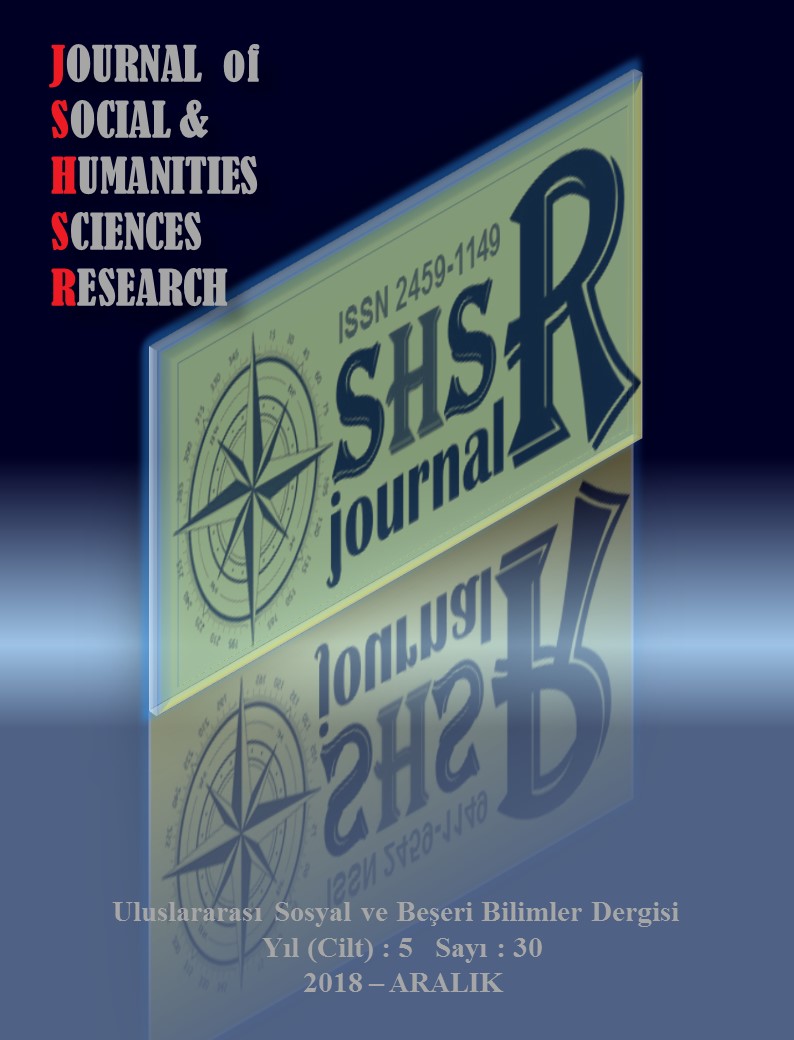NON-NATIVE EFL STUDENTS’ REFLECTIONS ON THEIR L1-ACCENTED ENGLISH: A TURKISH CASE
DOI:
https://doi.org/10.26450/jshsr.796Keywords:
Accent, Pronunciation, Learner attitudes, Non-nativism, English as a Foreign Language (EFL)Abstract
The present study aims to examine the attitudes of Turkish learners of English as a foreign language (EFL) to their English pronunciation. The study was conducted with 60 students studying at an English preparatory school of a state university in İstanbul, Turkey. A 12-item questionnaire adopted from Tokumoto and Shibata (2011) was used to collect the data. The items are designed to measure cognitive, affective and behavioural components of learners’ attitudes described by Bohner and Wanke (2002) and Garett et al. (2003). As the results showed, Turkish EFL learners highly agreed that they had a non-native English accent even though they thought that their accent is understandable by both native and non-native speakers of English. The participants reported that they did not feel confident with their English pronunciation and they did not want to maintain their accent because they desired to sound like a native-speaker. Regarding gender, the female participants believed that their accent was acceptable for international business world more than male students did, although both groups reported negative beliefs for the acceptability of their accent for mutual cross-cultural communication with English native-speaker people
Downloads
Published
How to Cite
Issue
Section
License
Copyright (c) 2018 INTERNATIONAL JOURNAL OF SOCIAL HUMANITIES SCIENCES RESEARCH

This work is licensed under a Creative Commons Attribution 4.0 International License.


